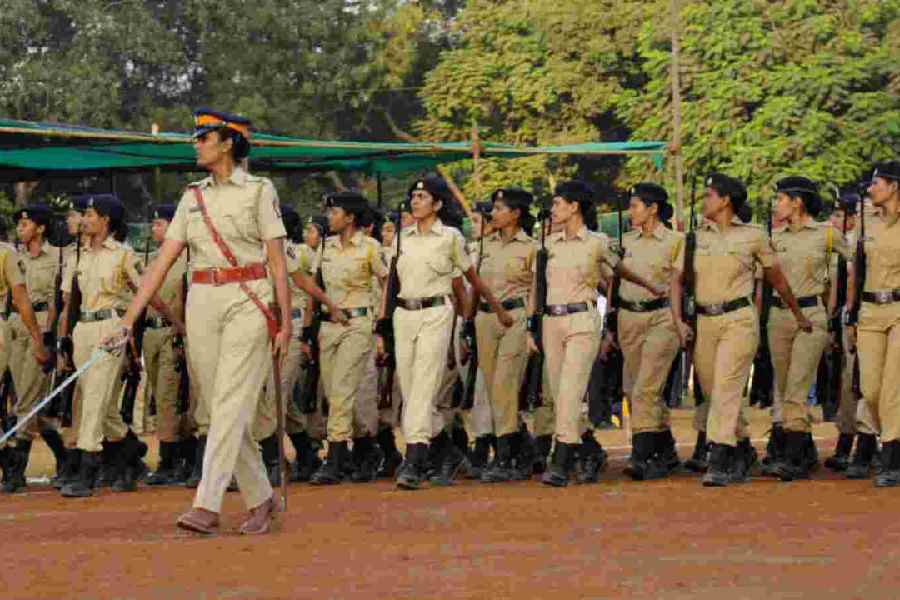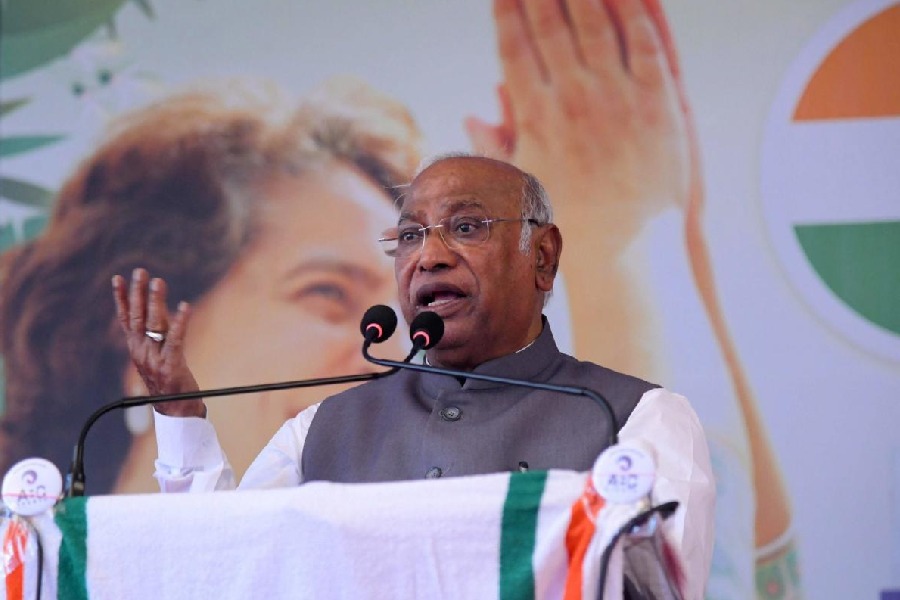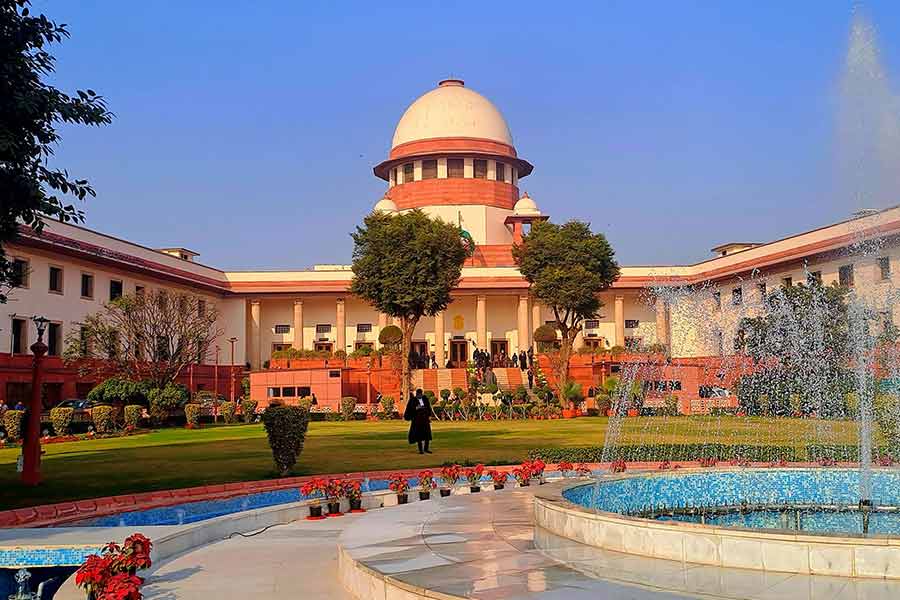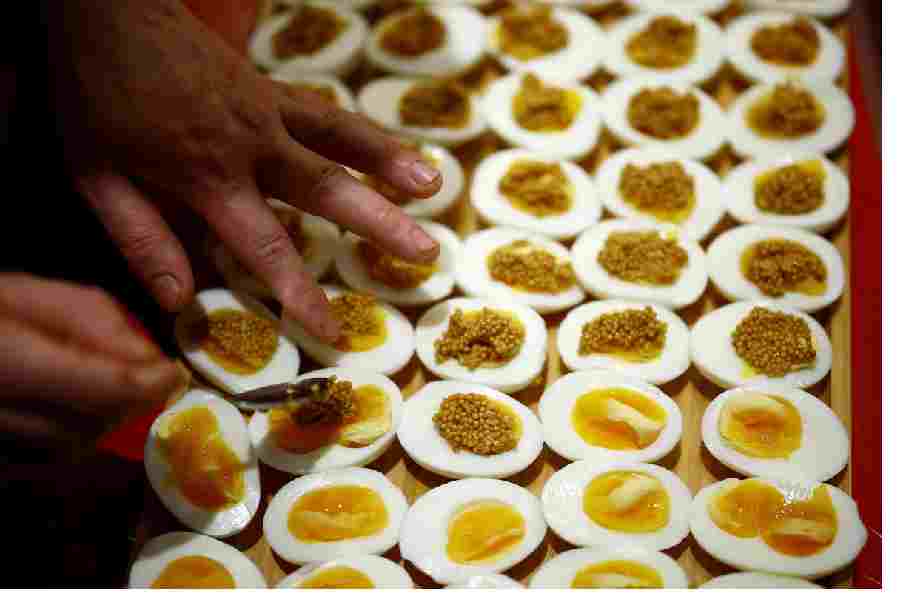The other self
Sir — Gen Z is obsessed with the idea of doppelgängers and loves to spin creepy urban legends around them. In fiction and mythology, a doppelgänger is often portrayed as a paranormal phenomenon and is usually seen as a harbinger of bad luck. The internet is thus full of sinister stories of doppelgängers where meeting such an apparition usually ends in death. Recently, a German beauty blogger allegedly sought out her doppelgänger on social media and then killed her, stabbing her face as many as 50 times. This raises a rather disturbing question — are we so possessive of our identities that sharing facial similarities with someone else threatens our sense of self to the point that prompts such violent rage?
Soma Chowdhury, Calcutta
Crucial balance
Sir — The introduction of African cheetahs to the Kuno National Park in Madhya Pradesh has created a buzz around more such programmes across the world. Several social media posts have requested the reintroduction of African spotted hyenas into South Asian forests. But this can have dire consequences as hyenas have a high breeding rate and, if reintroduced successfully, will suffer due to the lack of an adequate prey base. This will result in human-animal conflict and be detrimental to both the local population as well as the hyenas. Although they are under threat, the African spotted hyenas can cause more ecological damage than good if introduced in India. Serious research must be conducted before undertaking such endeavours that can have far-reaching environmental impacts.
Saikat Kumar Basu, Calcutta
Life lessons
Sir — The Oral School for Deaf Children has helped many differently-abled children achieve successful careers since 1964 (“School for deaf kids celebrates its long journey”, Feb 6). The school’s idea of inviting the alumni to its annual programme in order to encourage the students was an innovative one. With the right kind of education and vocational training, differently-abled children can achieve successful careers in most fields. Early diagnosis of disabilities can make it easier for children and their parents to manage the problems. As a society, we must condemn any discrimination towards differently-abled people and make India more inclusive.
Kiran Agarwal, Calcutta
Sir — It is heartening to learn that students of Ved Vyas Vidyapith, Gopiballabpur, are growing vegetables within the school premises (“Kids grow vegetables at school”, Feb 6). Extra-curricular activities that teach students to be self-sufficient are laudable. City schools with enough space should consider undertaking such activities to familiarise students with the changing environment. But space constraints often do not allow urban schools to provide students with environment-friendly education.
Arun Kumar Baksi, Calcutta
Sir — There is no age for learning new things. This was proven by the parents who visited an exhibition of their children’s science and art projects at the Howrah Vivekananda Siksha Kendra in Bagnan (“Zari worker dad in school for lesson in germination”, Feb 6). These parents — mostly daily-wage earners — are providing their children with the education they themselves never got. Their visit to the school reveals their thirst for knowledge. Perhaps the school could consider starting adult classes in the evening for parents who are interested in them.
Hakimul Ahmed, Howrah
Wondrous invention
Sir — In 1965, Gordon E. Moore, an engineer, had predicted that the number of transistors that could be crammed onto a silicon chip would double about every two years or 18 months (“Paradigm shift”, Feb 6). Sixty years ago, four transistors could fit on a chip; today some 11.8 billion can. The Netherlands revolutionised the miniaturisation of chips with its invention of extreme ultraviolet lithography. Chips are a crucial component not just in smartphones and laptops but also in weapons, surveillance technology, artificial intelligence systems, cars, toys and so on. This is perhaps why the Chinese government is pouring $143 billion into its semiconductor industry.
H.N. Ramakrishna, Bengaluru
Patchy connection
Sir — Booksellers and publishers are overjoyed that large numbers of Calcuttans are visiting the book fair. The recent inauguration of the Sealdah metro station has made it easier for people travelling from outside the city to reach the fair. The huge turnout shows that the culture of reading has survived even in the digital era. However, the poor internet connectivity at the fair grounds is creating inconveniencing visitors who would like to make digital payments or book a ride home. The organisers should address this problem.
Yousuf Iqbal, Calcutta
Mixed legacy
Sir — Pervez Musharraf, the former president of Pakistan, passed away at the age of 79 in a hospital in Dubai. Although it is more humane to highlight the achievements of dignitaries after their demise, Musharraf will be remembered for his dictatorship and the Kargil war. He also allegedly instigated terrorist attacks and the assassination of Benazir Bhutto. These facts cannot be overlooked.
M.C. Vijai Shanker, Chennai
Keep it simple
Sir — ICICI Bank has eliminated the slip required for depositing cheques. Usually, a deposit slip is filled up and then attached to the cheque. But ICICI has printed the form on the flipside of its cheques. The bank will also accept cheques from other banks where the details are mentioned on the rear side of cheques. Other banks too should take a leaf out of ICICI’s book.
Ashok Kumar Ghosh, Calcutta











